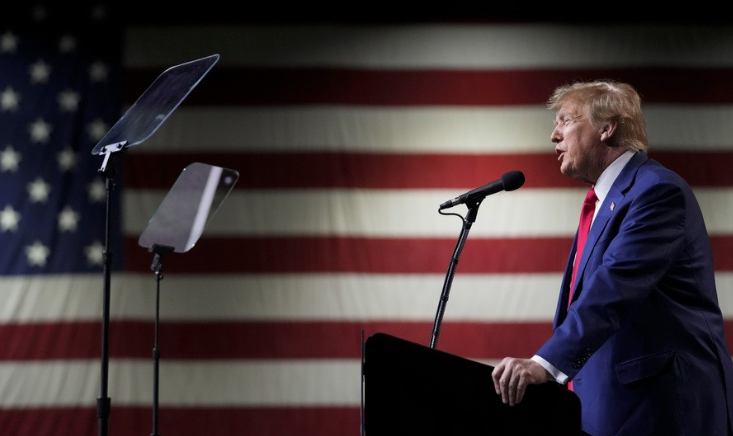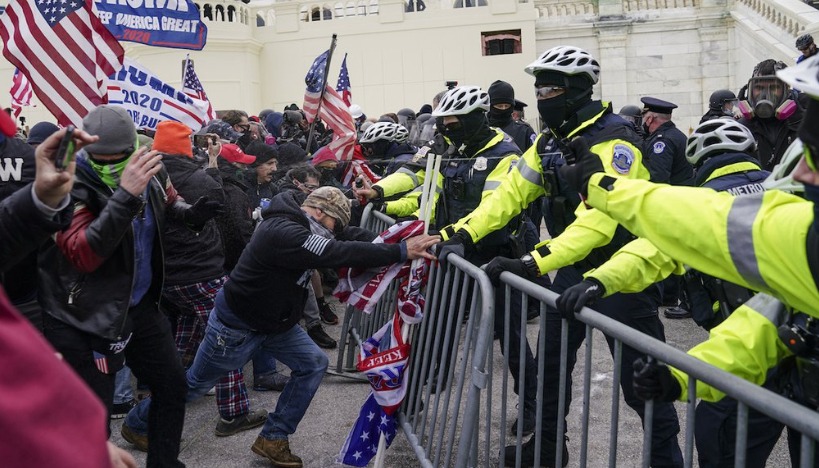Colorado’s Supreme Court ruled that former President Donald Trump couldn’t run for president in that state, citing the constitutional ban on those who “engaged in insurrection.” Maine’s Democratic secretary of state made a similar ruling. Trump’s eligibility is now in the hands of the U.S. Supreme Court, with both decisions on hold.
The 14th Amendment’s Section 3, enacted after the Civil War, disqualifies individuals who engaged in insurrection from holding office. Section 3 doesn’t require a criminal conviction, and numerous lawsuits have been filed to disqualify Trump.
The U.S. Supreme Court has never ruled on Section 3, but it’s likely to do so soon, with appeals from the Colorado case and Trump expected to file his own. Maine’s decision increases pressure on the high court to clarify Trump’s eligibility after the Jan. 6, 2021, attack on the U.S. Capitol.
Trump’s lawyers argue that Section 3 doesn’t apply to the presidency, it’s a political question for voters, and judicial involvement violates Trump’s rights. They also claim Jan. 6 wasn’t an insurrection, and Trump was exercising free speech.
Trump’s disqualification supporters argue that Jan. 6 was an insurrection, Trump incited it, and he should be disqualified.
The legal challenges emerged when Trump petitioned to appear on state ballots this fall. The delay in addressing the issue stems from technicalities and reluctance to rule on its merits.
Maine’s unique process required a public hearing and ruling on challenges to politicians’ ballot spots, leading to Bellows’ decision. Critics argue that election officials in every state could use a novel legal interpretation of Section 3 to disqualify candidates.
Partisanship is evident, but not all courts align along predictable lines. The Colorado ruling was 4-3, and some legal conservatives support Section 3 against Trump. The U.S. Supreme Court, with six Republican-appointed justices and three appointed by Trump, will ultimately decide.








